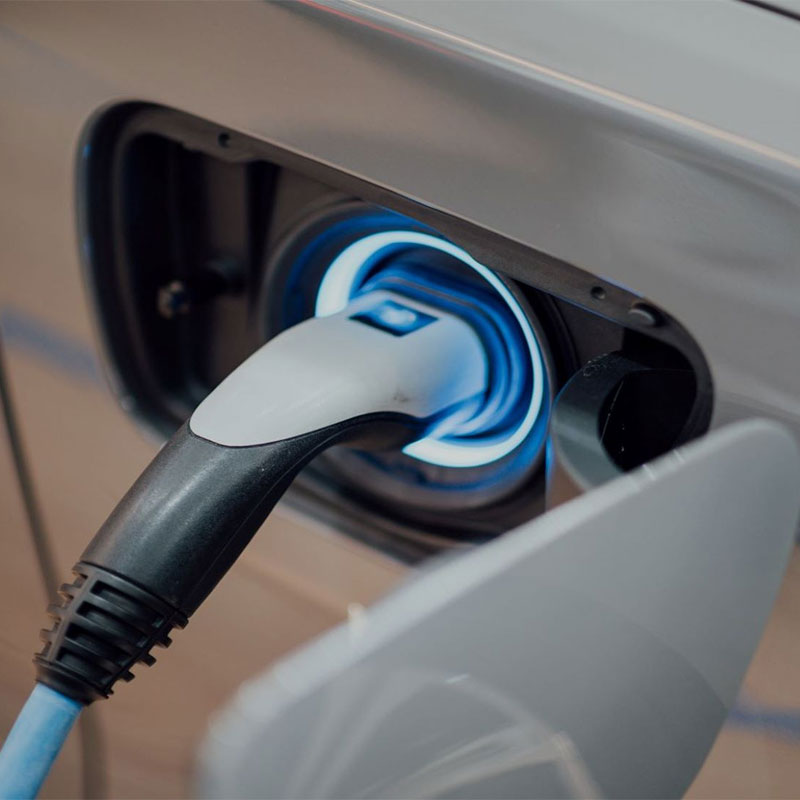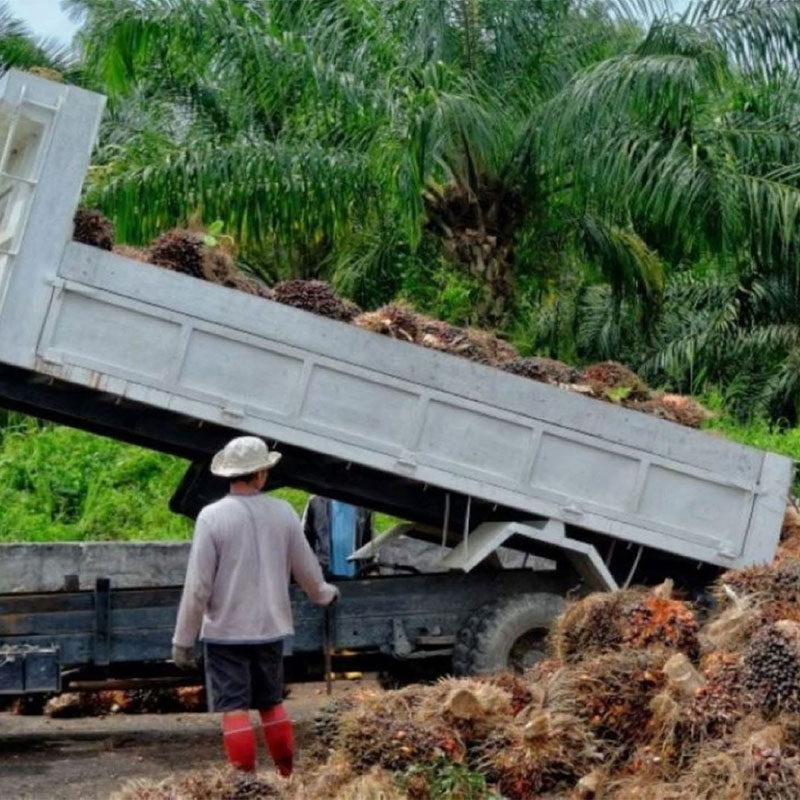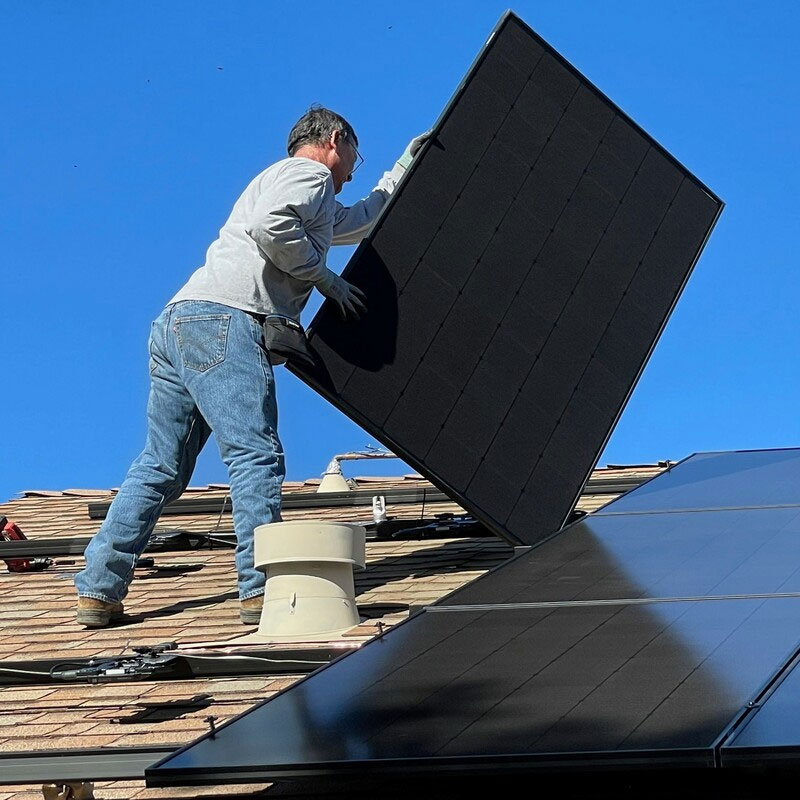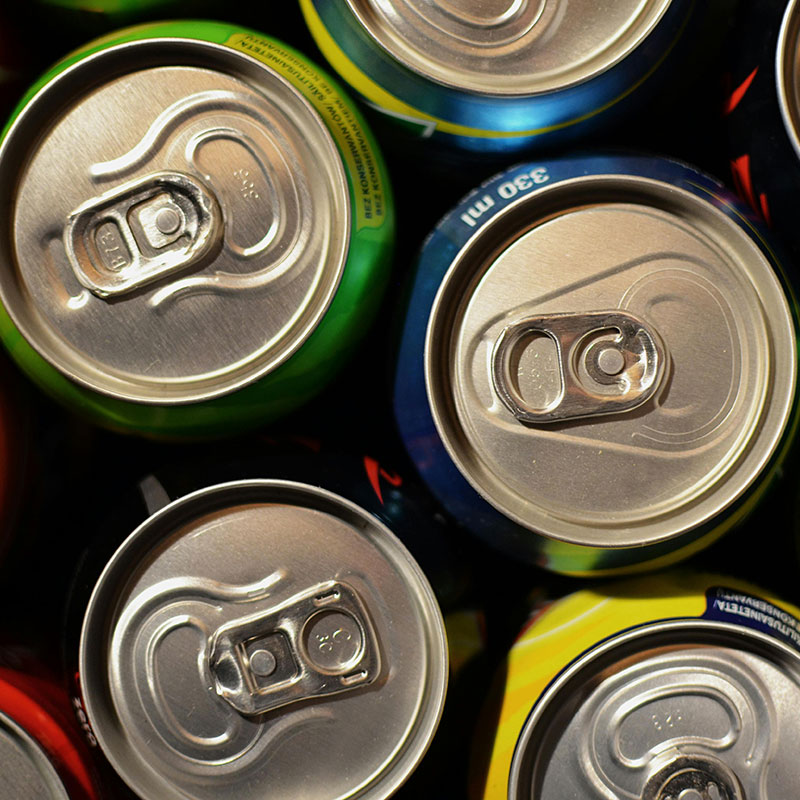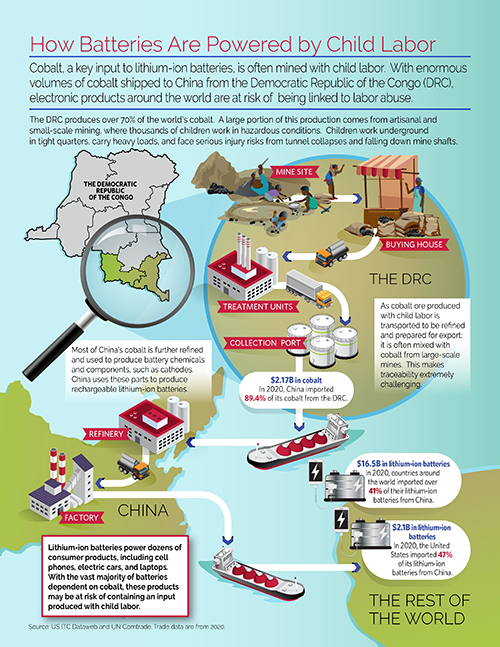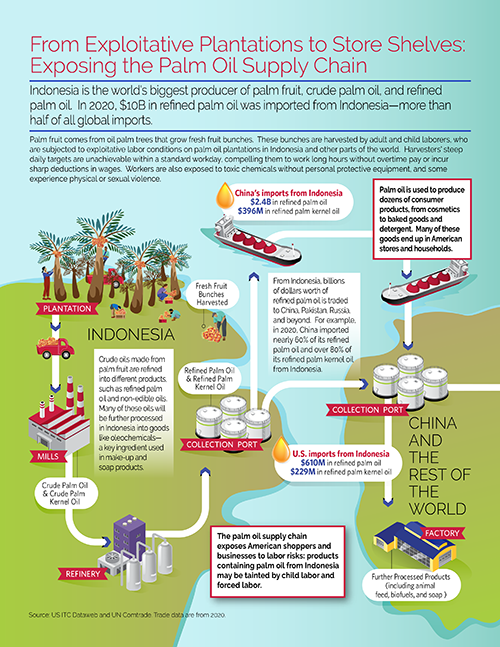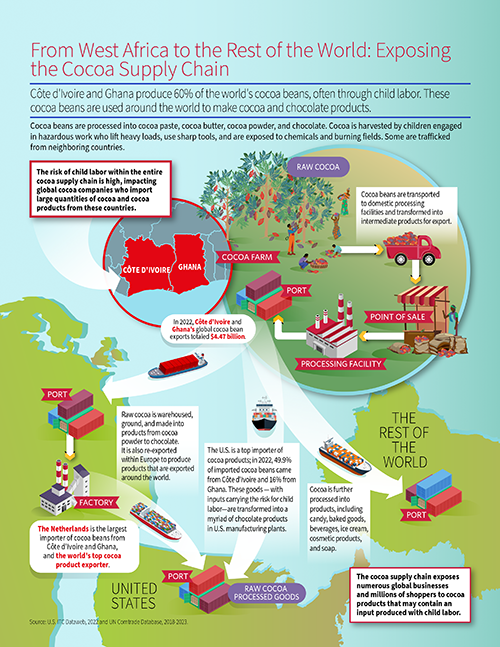This portal is a tool to help businesses map supply chains across multiple tiers and trace raw materials back to their sources. It provides visibility into production networks, enabling companies to detect likely risks, take early action, safeguard operations, and protect brand reputation. By exposing where exploitative labor conditions may be hiding in global markets, this tool aims to support fair and balanced trade, enhance supply chain resilience, and help businesses reduce risk by avoiding goods made under abusive labor conditions.
From Mines to Markets: Exposing Labor Exploitation in Critical Mineral Supply Chains

From the devices that entertain us to the air conditioners that keep us cool to the smartphones that connect us, critical minerals fuel our daily lives, unseen but indispensable.
Learn more about which everyday goods may be
linked to child labor and forced labor.
Explore our Supply Chain Infographics
To review the complete list of downstream goods made with inputs produced by child labor or forced, access our List of Goods Produced with Child Labor or Forced Labor and filter by Exploitation Type > "Inputs Produced with Child Labor” or “Inputs Produced with Forced Labor."
Related Info
Are you a company looking to fight child labor and forced labor in supply chains? View ILAB's SourcingStrong Today!
Public Comments & Submissions
ILAB accepts public submissions for the TVPRA List on an ongoing basis, and reviews them as they are received. Submissions will continue to be taken into account as ILAB works to release periodic updates to the List. To submit information, please send an email to ILAB-TVPRA@dol.gov; fax to 202-693-4830; or mail to ILAB, U.S. Department of Labor, c/o OCFT Research and Policy Unit, 200 Constitution Ave NW, S-5315, Washington, DC 20210. View the list of submissions.
DOL’s mission is to foster, promote, and develop the welfare of the wage earners, job seekers, and retirees of the United States. This DOL mission is carried out by a variety of sub-agencies and offices (DOL agencies) covering domestic and international policy engagements, workforce development, enforcement, statistics, and benefits. DOL has a responsibility to protect the integrity of scientific information that is produced, communicated, and used across DOL agencies to better carry out its mission. ILAB is committed to using the highest possible scientific integrity and quality standards and practices to conduct our critical work. Scientific integrity is the adherence to professional practices, ethical behavior, and the principles of honesty and objectivity when conducting, managing, using the results of, and communicating about science and scientific activities. Inclusivity, transparency, and protection from inappropriate influence are hallmarks of scientific integrity.
See also:

